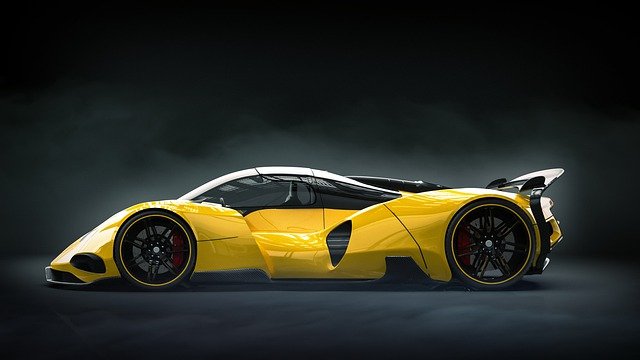Chinese multinational Alibaba has begun mass production of smart electric vehicles (EVs), the latest addition to a product portfolio that includes e-commerce sites, internet services, media ventures, and more.
The company said its EV venture with state-owned automotive company SAIC, called IM Motors, will be ready for sales of the luxury sedan known as IM L7 later this month, 29 March. The vehicle is being made at SAIC’s factory in Shanghai’s Lingang Special Area for deliveries in April.
The car is said to be a competitor to Tesla Model S in the Chinese market, selling for ¥408,800 ($64,670), a fair bit cheaper than the Tesla Model S’s US pricing, which starts at $94,990. Tesla also has operations within Lingang, running a Gigafactory there, conveniently called Giga Shanghai.
Alibaba and SAIC began developing smart cars in 2016. Another part of the Jack Ma empire is Alibaba’s AliOS, a Linux distribution designed for smart cars and Internet of Things devices that has also been used as a mobile operating system. AliOS, formerly called YunOS, has been used in SAIC products before.
At the end of 2021, SAIC said the IM L7 Beta had passed test runs in nine Chinese cities and its software architecture underwent 88 iterations that December.
The vehicle itself is over 5m in length with a 340hp single rear motor on the base version and another version sporting twin motors of 237hp and 340hp. The 93kWh battery will take the twin-motor version 615km, the companies said.
The vehicle is said to be able to park itself, drive autonomously on the highway and semi-autonomously in the city. Its intelligent driving systems consists of the Nvidia Jetson Xavier chipset, 12 high-precision cameras, 5mm wave radars, lidar, and 12 ultrasonic sensors.
As for the joint venture, Alibaba and SAIC largely provide capital support with the core technology belonging to IM Motors. SAIC holds 54 per cent of IM Motors. Alibaba and Pudong New Area, the technology park itself, hold 18 per cent each. The remaining 10 per cent is reserved for employees and customers who assist in future research.
Alibaba’s news outlet wants readers to know the vehicle is available on pre-order, but The Register was disappointed to see it does not appear on Alibaba’s e-commerce site, nor its subsidiary e-commerce site Lazada, nor Taobao, nor Tmall…
Alibaba isn’t the only Chinese company diversifying into electric vehicles, Huawei is reported to be journeying into the EV market as it continues to operate in its other verticals in the face of US sanctions.
Another Chinese consumer tech company, Xiaomi, also entered the electric vehicle market last year.
Whether the EV market can support so many new entries is not clear, but with China being the largest buyer of EVs globally, China is as good as place as any to give market saturation a try.
Swiss multinational investment bank and financial services company UBS predicts that by 2030, China will be leading the global electric vehicle industry. ®
Source: https://www.theregister.com/2022/03/07/alibaba_smart_electric_vehicles/




